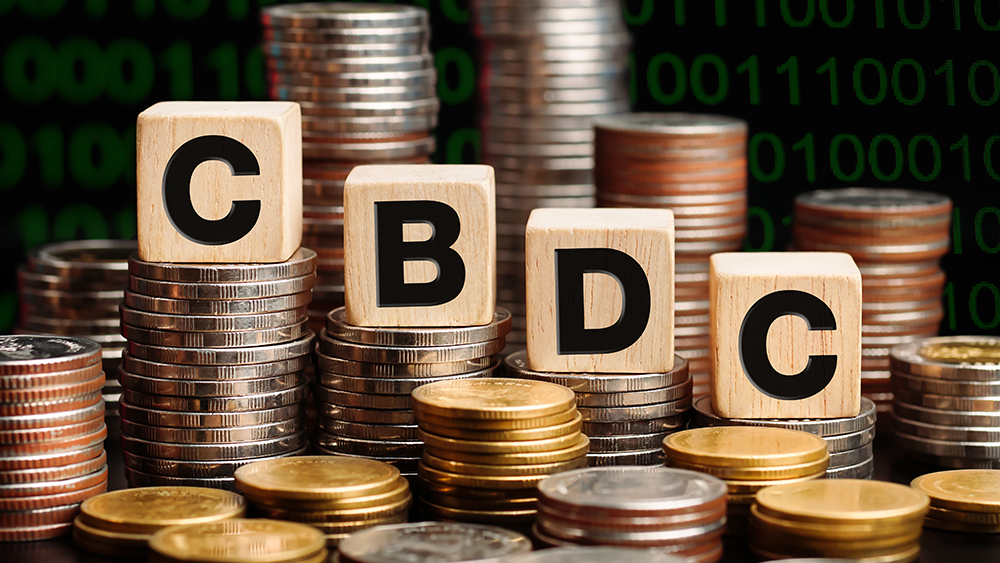 Parler
Parler Gab
Gab
Social media age-restriction law crafted by people who have "never been on the internet," warns Greens senator
While Sharma believes that there are some benefits to young children using social media, he contends that they must be restricted from most of it because otherwise they will waste too much time staring at their screens, in his opinion. "We all saw this during the COVID pandemic, when our children weren't going to school and they stayed in touch through messaging platforms, through social media platforms, and it allows them to build and maintain a social circle," he said. "I also appreciate that the people who are isolated geographically or socially or otherwise, it provides them a way to build a community which might not be available to them in the real world." Australia's Greens oppose the bill, with Greens Sen. David Shoebridge describing it as "deeply flawed" and having clearly come from people who have "never been on the internet." "It's a bill to appease [media mogul] Rupert Murdoch," Shoebridge said, referring to the media mogul who owns Fox News and other platforms. As for the exceptionally short Senate inquiry into the bill, Shoebridge called this a "sham," adding that the evidence against passing a social media ban was "overwhelming." Keeping "Australians safe online," added Labor Minister Jenny McAllister, is the Australian government's top priority. "Through extensive consultation and with the input of states and territories, the government is agreeing that until a child turns 16, the social media environment as it stands is not age-appropriate for them," McAllister said in a speech. "Critically, this legislation will allow for a twelve-month implementation period – to ensure this novel and world-leading reform can take effect with the care and consideration Australian's rightly expect." The latest news about governments going after social media can be found at BigTech.news. Sources for this article include: TheEpochTimes.com NaturalNews.comSouth Korean opposition party to file second impeachment motion against President Yoon
By Arsenio Toledo // Share
Doug Casey on the collapse of the $5 trillion green energy scam
By News Editors // Share
Gaming giant Riot Games expands terms of service to police player behavior “across all platforms”
By Lance D Johnson // Share
How the digital rupee could redefine India’s financial future
By Ramon Tomey // Share
The surveillance state’s assault on privacy: A dangerous precedent
By Willow Tohi // Share
Governments continue to obscure COVID-19 vaccine data amid rising concerns over excess deaths
By patricklewis // Share
Tech giant Microsoft backs EXTINCTION with its support of carbon capture programs
By ramontomeydw // Share
Germany to resume arms exports to Israel despite repeated ceasefire violations
By isabelle // Share










